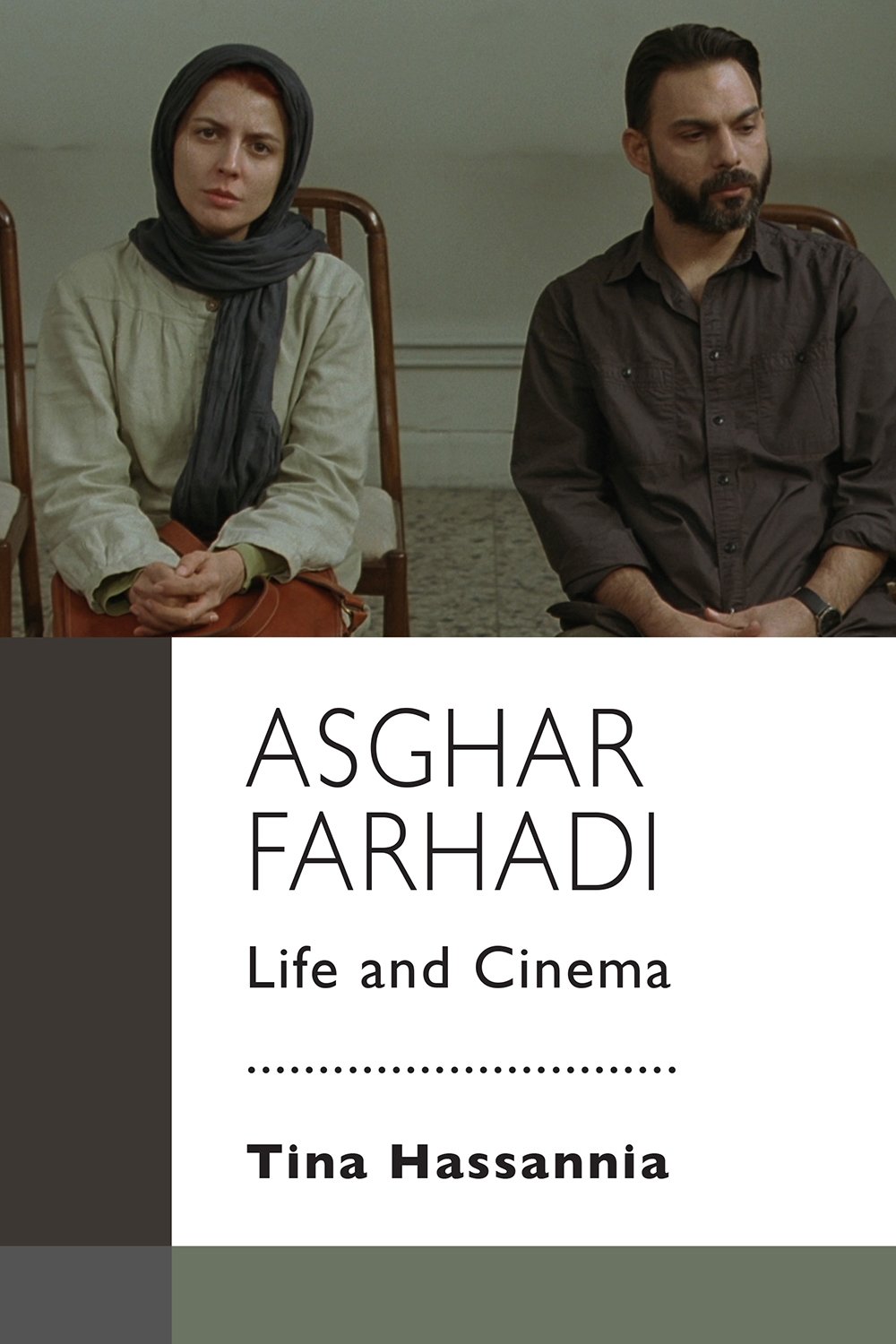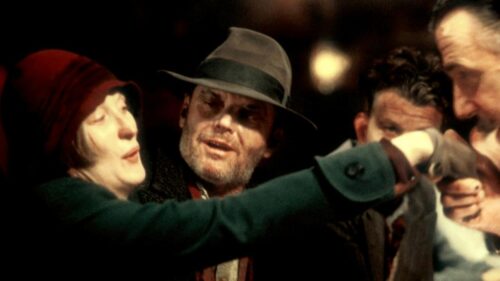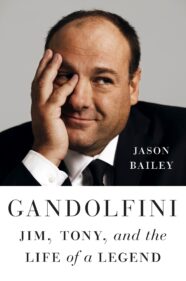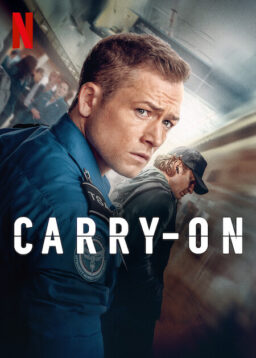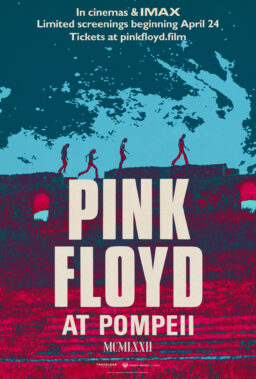Asghar Farhadi is one of the most important filmmakers in the world, winner of the first Academy Award for Iran for Best Foreign Language Film for his masterful “A Separation.” Tina Hassannia, a film critic for The Guardian, Slant Magazine, The Globe and Mail, and others, has written a book about the already-influential filmmaker, which you can buy here, and Critical Press has been kind enough to grant us an excerpt to present.
The official synopsis:
The release of “A Separation” (2011) was a milestone for Asghar Farhadi: After winning a slew of awards, including Iran’s first Academy Award for Best Foreign Language Film, Farhadi was internationally celebrated as a new face in Iranian cinema. While Farhadi continues to establish himself as an auteur of suspenseful melodrama (his first international production, “The Past,” was released earlier this year), little has been written in Western film criticism about the director s filmography, which dates back to the early 2000s.
In Asghar Farhadi: Life and Cinema, Tina Hassannia traces Farhadi’s origins as an Iranian scriptwriter and director and provides contextual analyses for each of his six feature films, which also include “Dancing in the Dust,” “The Beautiful City,” “Fireworks Wednesday” and “About Elly.”
In detailing Farhadi’s cinematic influences and the history of the Iranian melodrama, Hassannia provides the first English introduction to this new Iranian master.
“The Past” was
Asghar Farhadi’s first film made outside of his home country, a production that
reconfirmed his position in the international film scene. Though “A Separation” made a bigger splash, “The Past,” a collaboration with European
producers, crew, and a big-name cast, was a sign that the filmmaker was ready
and capable to work outside of his comfort zone. The film also affirmed that,
despite the cultural specificity of his previous work, Farhadi could adapt his
dramatist style for any setting—even a city that had been represented in cinema
countless times: Paris, France.
The production of the film was a bit of a challenge for the
filmmaker, who was used to working in his native tongue. Having an interpreter
onset was necessary for him to communicate clearly with his crew and especially
his cast, with whom he worked for months in rehearsals and whose lines were
almost entirely in French. Furthermore, the production scale was larger (more
crew members, a bigger budget) and Farhadi had to navigate a foreign production
system. Despite the cultural barriers, Farhadi says he welcomed the challenge.
“There are several aspects to language: there’s the music of
it, the information that is imparted through it, and the cultural roots of a
nation,” he said in an interview for HitFix. “Very often, we may know another
language but are incapable of penetrating its culture and identity. I was in
France for two years, so on numerous days I walked the streets and listened to
people talk to each other. I didn’t understand much but I did try to absorb the
melody and music of it.”
Farhadi came up with the basic premise of “The Past” several years prior, when a
friend confided that he had to travel to another country for a few days to
finalize his divorce with his ex-wife.
“And that thought never really left my mind: how strange it
must be to have been apart from a woman all that time, and then spend several
days with her to say goodbye,” he explained in the same interview.
Pre-production plans with partners in France and Italy were
already in the works by the time Farhadi was on the road screening “A Separation” internationally. Though the
majority of “The Past”’s cast and crew
were French, Farhadi did bring with him an Iranian contingent. First he cast
two well-known Iranian actors: Ali Mosaffa as Ahmad and Babak Karimi as Ahmad’s
friend, Shahryar (he also appears briefly as the court interrogator in “A Separation”). Mahmoud Kalari returned
as Farhadi’s cinematographer, but for the first time in years Farhadi hired a
different editor (Juliette Welfling) instead of Hayedeh Safiyari, who had
worked with him on his three previous films. Several other crew members were
also Iranian, including head of sound (Dana Farzanehpour) and some assistant
directors (Nogole Khodabandeh, Maryam Naraghi, Nassime Nazari, and Farhad
Taghizadeh Toussi).
These crew members are important to point out because of the
slight controversy that erupted in Iran when the film was chosen as the
country’s official submission for best foreign-language film at the 86th
Academy Awards.
Some critical of the decision argued that the film’s
producers were European, its dialogue and setting were French, and many of its
cast and crew were non-Iranian. But Farhadi argued that not only did the film
employ a fair number of Iranians, it also had an “Iranian
gaze.”
What makes the film “Iranian”—more so than any other
factor—is that Farhadi was at the helm of the production. Inside and out of
Iran, he is seen as an ambassador for his country and he brought to “The Past” a sensibility that cannot in
any way be described as European, no matter who’s funding the film. From an
auteurist perspective, that alone guides the cultural identity of a film. Like
Abbas Kiarostami and others before him, Farhadi is expanding the definition and
notion of Iranian cinema. In this film particularly, Farhadi has keyed into an
important phenomenon that concerns Iranian identity: the diasporic experience
that millions of Iranians have encountered upon leaving their
country.<FOOTNOTE: Elsewhere, I’ve articulated my cases for the “Iranian”
element in both “The Past” and Kiarostami’s “Like Someone in Love” in two separate
essays: “The Past: An Iranian in Paris,” for Guernica, and “On the Alleged
Decline of Iranian Cinema, and Why Like Someone in Love is an Iranian Film,” on
my personal website.>
In our interview, Farhadi commented on how having the blend
of cultures during the production was occasionally a strange but ultimately
fruitful endeavour, with crew members learning from each other: “When I went to
work in France, I knew that the French people who had joined my team had worked
in France many times before and they had actually joined to see how Iranians
work. They didn’t want me to work like the French. They wanted to learn my
style. The actors especially wanted to come to the set to see how I rehearse
with my actors because it’s not normal in Europe to train with the actors for
so many months like theater.”
….
Farhadi did believe that following the success of “A Separation,” too many critics
mistakenly called the film a comprehensive cross-section of how Iranian society
operates. One of the great accomplishments of that film is how it both ties
into specific cultural details and still manages to consistently maintain a universal
essence that appeals to cinephiles the world over. With “The Past,” Farhadi brings an Iranian element into a French setting,
and though the script ensures a degree of obvious cultural markers— Ahmad’s way
of teaching Marie’s (Bérénice Bejo) young daughters Farsi and his making of a
traditional meal, ghormeh sabzi—the experience of the diaspora is relatable to
anyone who’s moved abroad, Iranian or not.
